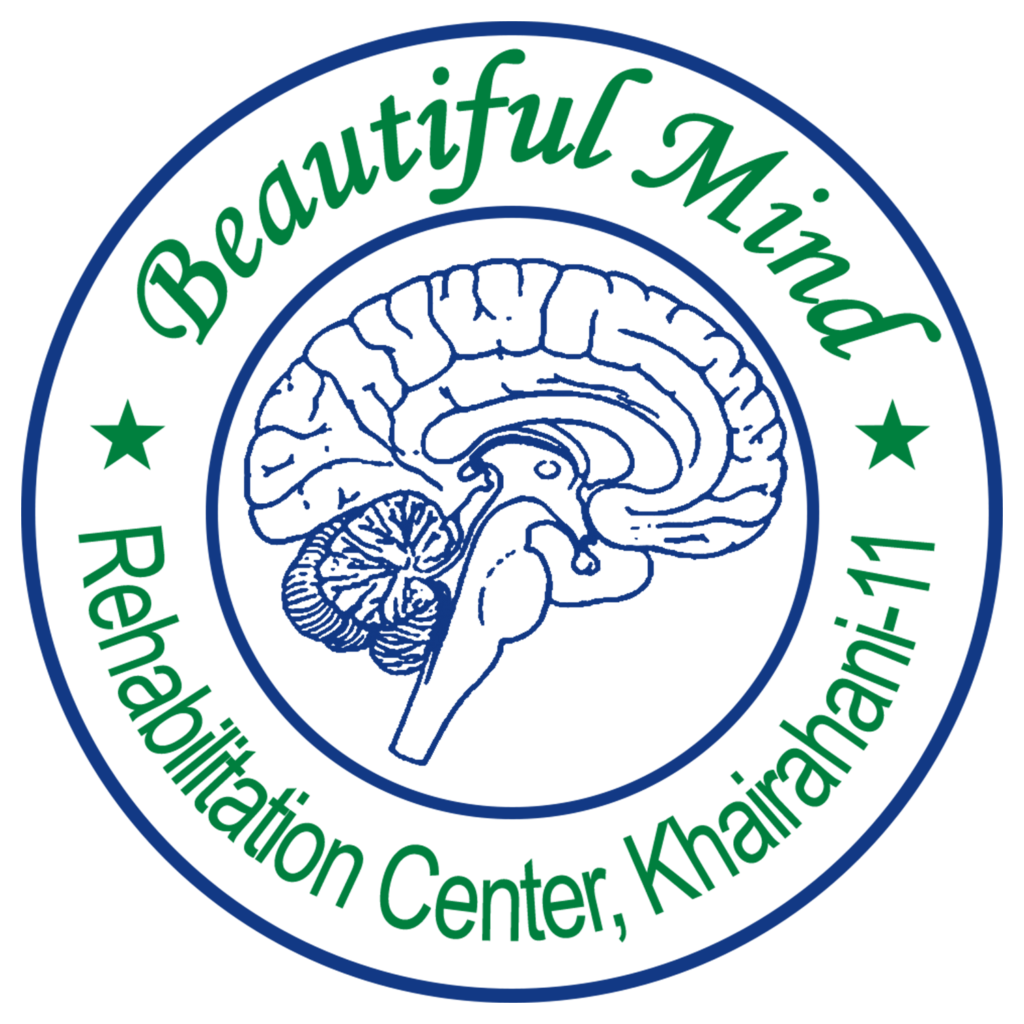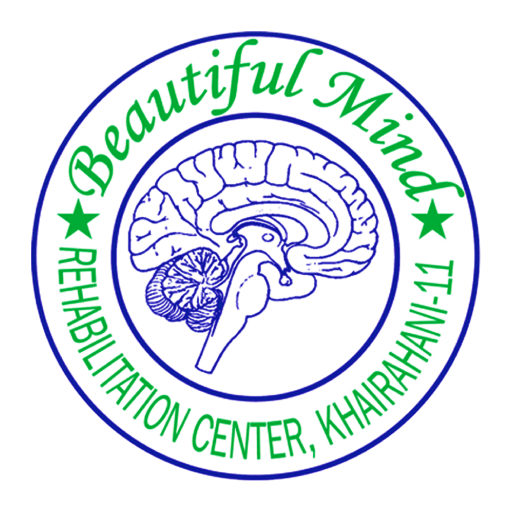Mental Health Nepal: A Comprehensive Overview of the Beautiful Mind Institute of Psychiatry
Introduction: Mental Health Nepal
Mental health is a critical component of overall well-being, yet it often remains overlooked, especially in developing countries like Nepal. With increasing awareness and the establishment of dedicated institutions, Nepal is gradually addressing mental health challenges. The Beautiful Mind Institute of Psychiatry, located in Khairahani-11, Gaindaha, Chitwan, stands as a beacon of hope, offering comprehensive mental health services to individuals and families across the nation.
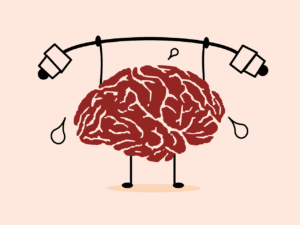
The Mental Health Landscape in Nepal
Nepal faces significant mental health challenges, with over 15% of the population experiencing some form of mental illness. Common issues include depression, anxiety, substance abuse, and trauma-related disorders. Despite the prevalence, mental health services remain scarce, and stigma often prevents individuals from seeking help. The Beautiful Mind Institute aims to bridge this gap by providing accessible, high-quality mental health care.
About the Beautiful Mind Institute of Psychiatry
Established with the vision of delivering holistic mental health care, the Beautiful Mind Institute of Psychiatry offers a range of services tailored to meet diverse needs. Their multidisciplinary team comprises psychiatrists, psychologists, nurses, and social workers dedicated to delivering personalized and compassionate care. The institute emphasizes holistic treatment approaches, integrating medical interventions with alternative therapies and rehabilitation programs to promote overall well-being and social reintegration. With a commitment to accessibility, they offer services free of charge, ensuring that financial constraints do not hinder individuals from seeking help.
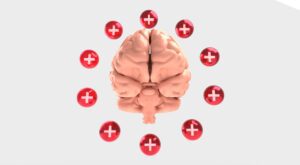
Services Offered
1. Psychiatric Assessment and Diagnosis
Accurate diagnosis is the cornerstone of effective treatment. The institute provides thorough psychiatric evaluations to identify various mental health conditions, including depression, anxiety disorders, bipolar disorder, schizophrenia, and more.
2. Medication Management
Qualified psychiatrists oversee medication regimens, ensuring optimal dosages and monitoring for side effects to enhance treatment efficacy.
3. Psychotherapy and Counseling
Licensed psychologists and counselors offer individual, group, and family therapy sessions, employing evidence-based approaches to address emotional and behavioral issues.
4. Occupational Therapy
Patients engage in activities designed to improve daily living skills, fostering independence and facilitating reintegration into society.
5. Rehabilitation Programs
Tailored rehabilitation services support individuals in their recovery journey, focusing on skill development and social reintegration.
6. Community Outreach and Education
The institute actively participates in community programs to raise awareness about mental health, aiming to reduce stigma and promote early intervention.
7. Online Counseling
Recognizing the barriers many face in accessing mental health care, the institute offers online consultations, ensuring that geographical constraints do not impede treatment.
Specialized Programs
1. Substance Use Disorder Treatment
Comprehensive programs address the complexities of addiction, combining medical treatment with counseling and support groups to aid recovery.
2. Child and Adolescent Mental Health Services
Specialized care is provided for younger populations, focusing on developmental, emotional, and behavioral issues unique to children and adolescents.
3. Geriatric Psychiatry
Elderly patients receive tailored services that address age-related mental health concerns, such as dementia and depression.
4. Crisis Intervention
Immediate support is available for individuals experiencing acute mental health crises, ensuring timely and effective care.
Facilities and Environment
The Beautiful Mind Institute is designed to provide a safe, supportive, and therapeutic environment. Facilities include comfortable inpatient units, private counseling rooms, and spaces for group activities. The serene setting contributes to the healing process, offering patients a tranquil atmosphere conducive to recovery.
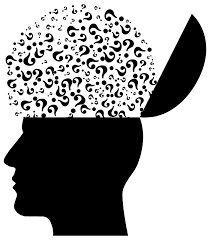
Commitment to Accessibility
Understanding the barriers many face in accessing mental health care, the institute offers services free of charge, ensuring that financial constraints do not impede treatment. Additionally, online consultation options are available, expanding reach to those unable to visit the facility in person.
Frequently Asked Questions (FAQs)
What services are available at the Beautiful Mind Institute of Psychiatry?
The institute offers psychiatric assessments, medication management, psychotherapy, occupational therapy, rehabilitation programs, and community outreach services.
Is treatment at the institute free of charge?
Yes, all services are provided free of charge to ensure accessibility for all individuals.
Can I receive treatment without visiting the facility?
Yes, online consultations are available for those unable to attend in person.
Do you provide services for children and adolescents?
Yes, specialized programs are in place to address the mental health needs of younger populations.
What types of therapy are offered?
The institute provides individual, group, and family therapy sessions, utilizing various evidence-based therapeutic approaches.
Are family members involved in the treatment process?
Family involvement is encouraged to support the patient’s recovery journey.
What is the process for admission?
Interested individuals can contact the institute via phone or email to initiate the admission process.
Do you offer support for substance use disorders?
Yes, comprehensive treatment programs are available for individuals struggling with addiction.
Is confidentiality maintained during treatment?
Absolutely, patient confidentiality is a top priority, and all information is handled with the utmost discretion.
Are there any community programs I can participate in?
Yes, the institute conducts various community outreach and education programs to promote mental health awareness.
Do you provide crisis intervention services?
Yes, immediate support is available for individuals experiencing mental health crises.
What qualifications do your staff members hold?
The team comprises licensed psychiatrists, psychologists, counselors, and occupational therapists with extensive experience in mental health care.
Can I volunteer or contribute to the institute’s programs?
Yes, the institute welcomes volunteers and contributions to support its mission.
How can I stay informed about upcoming programs and events?
Information about programs and events is regularly updated on the institute’s website.
What measures are in place to ensure patient safety?
The institute adheres to strict safety protocols and maintains a secure environment for all patients and staff.
Keywords
Mental Health Care Nepal
Psychiatric Services Chitwan
Free Mental Health Treatment
Substance Use Disorder Nepal
Child and Adolescent Psychiatry
Occupational Therapy Nepal
Online Mental Health Consultation
Community Mental Health Programs
Crisis Intervention Services
Rehabilitation Center Nepal
Tags
#MentalHealthNepal #PsychiatryChitwan #FreeMentalHealthServices #SubstanceAbuseTreatment #ChildPsychiatry #OccupationalTherapy #OnlineConsultation #CommunityOutreach #CrisisIntervention #RehabilitationNepal
Contact Information
Beautiful Mind Institute of Psychiatry
Khairahani-11, Gaindaha, Chitwan, Nepal
Phone: +977 9855094583 / +977 9855094882
Email: beautifulmind7183@gmail.com
Website: www.beautifulmind.com.np
For more information or to schedule an appointment, please reach out through the contact details provided above.
